Inundated with unwanted pets and struggling to cope, animal shelters across the UK are desperate to find homes for the animals left behind.
After speaking to Rowana Rowan, the communication co-ordinator at Ipplepen’s Animals in Distress, for just a few minutes, the extent of the problem is quickly evident.
The cost of living, inaccurate information and lockdown consequences have been the perfect ingredients in an unprecedented influx of homeless animals. For many shelters, the pressure to rehome them and spread awareness surrounding these problems is at an all-time high.
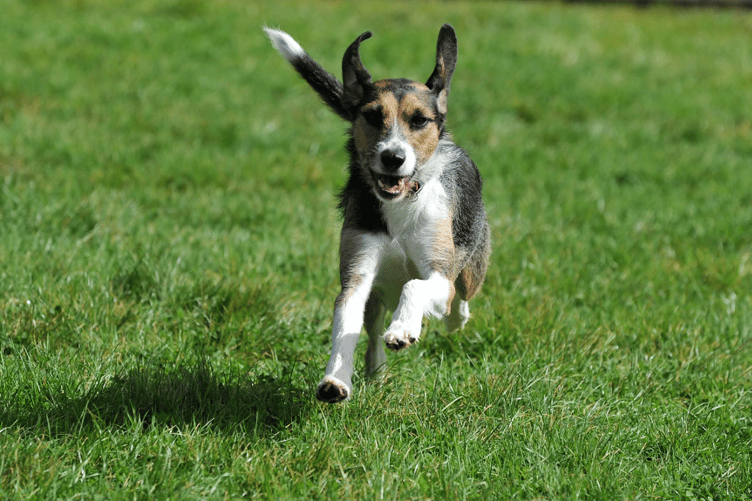
Rowana explained: ‘We have never known so many phone calls saying I need to hand over my dog, cat, or rabbit before.
‘We can’t take all of them at once, this is a local, national, and even international problem.
‘It’s heart-breaking.’
Unfortunately, even the animals that manage to get adopted aren’t in the clear.
Two years and two failed adoptions later, Otis, a Labrador cross is still waiting for his perfect family, even after extensive behavioural therapy and training.
He is just one of the many animals waiting. There are currently 20 dogs, 44 cats, 29 rabbits and 11 guinea pigs at the Newton Abbot branch, numbers which are continuously being added to.
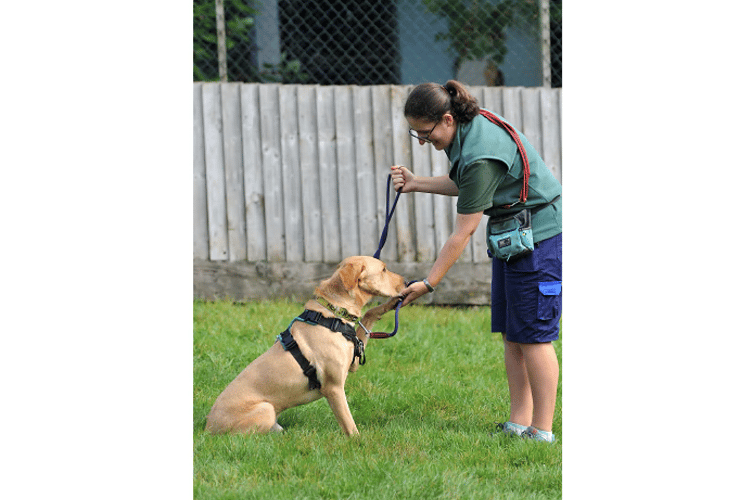
Coco, a cat at the shelter, came in after her owner had just 57 pence left in her bank account and could no longer afford to care for her.
Due to the cost-of-living crisis, some issues are unavoidable, such as changing accommodation, new landlord rules and increasing vet bills. So these inevitabilities are factors that should be considered when adopting a pet.
Before you get any pet, research it thoroughly so you know what you’re taking on. If the pet is for a child, be aware that children lose interest quickly, but make sure to educate a child on the responsibility and commitment involved in being a pet owner.
Committing to caring for an animal is a valuable life experience, as well as necessary.
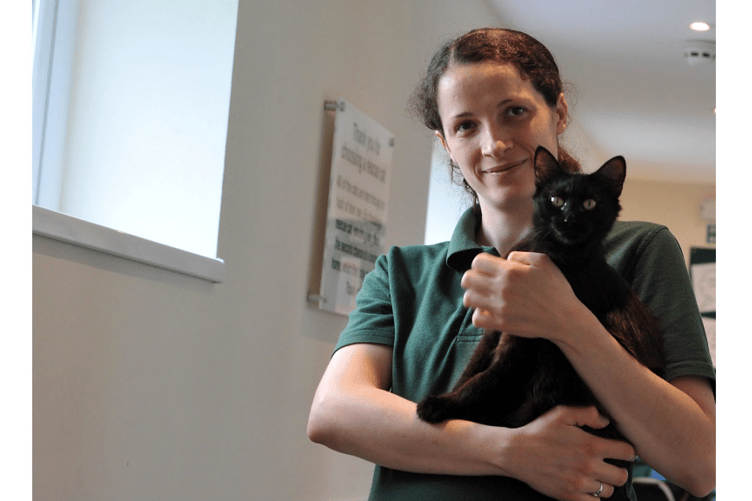
‘We’ve had many people buying bigger breeds and eight months later saying they’re too big and they can’t handle them.
‘For the smaller pets, it’s about doing your research, finding out what the animals are, what they need.
‘It is important to understand the cost of an animal, having insurance and understanding the responsibility.’
Rowana said the issue is people not considering the experience needed to adopt a rescue. It’s not only the surge of animals coming in but the decrease in them being adopted and unfortunately, staying adopted, that has created the problem.
Before someone adopts a pet, they should make sure they have the time, money and experience needed to give both owner and animal the best possible life.
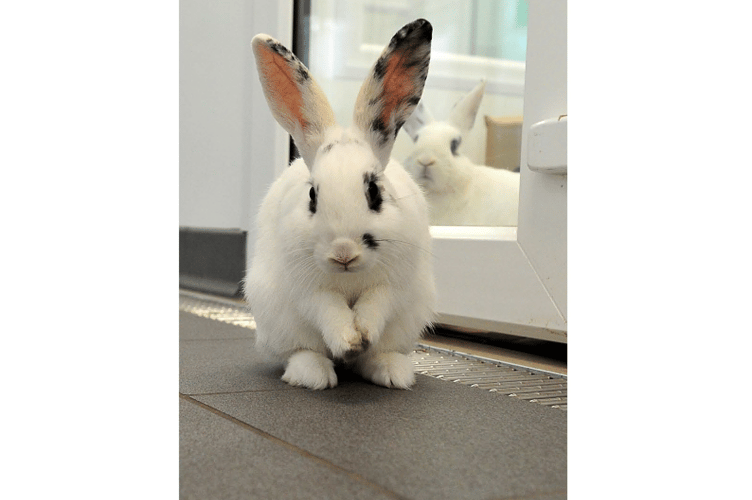
There is a way to do it right, and adopting an animal can and should be a beautiful thing.
For Russell and Vikki Popple hope was restored after their adoption of four cats from Animals in Distress:
‘Adopting from a rescue centre is good for the soul.
‘We have four beautiful cats, and we love them all. Each addition to our home and family has brought something new.
‘To be able to provide a home for those animals that are slightly outside the norm is wonderful. To be able to watch them grow and overcome their individual challenges, and to help them to live a regular cat’s life, to just be cats, is joyous.
‘Once you have been to a rescue centre and met the animals, the decision will not be whether to have one; the decision will be which one, or two, or four like us.’
Rowana added: ’We are doing our very best to care for as many animals as possible, in these extremely challenging times.’
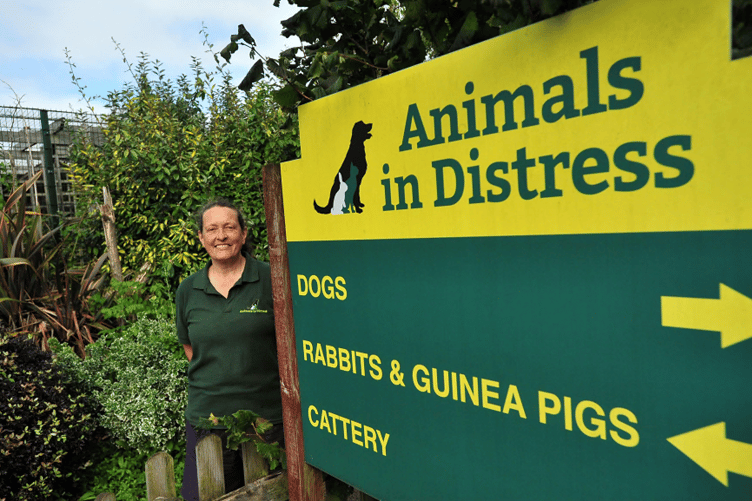
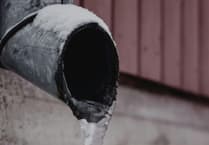
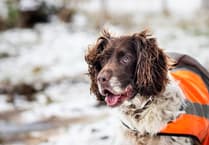


Comments
This article has no comments yet. Be the first to leave a comment.